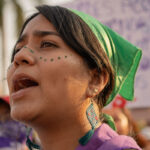
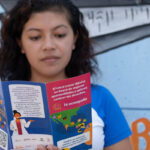
To meet the need for reproductive health care among migrants in Mexico, Ipas and partners created the first-ever Spanish-language chatbot especially for migrants.

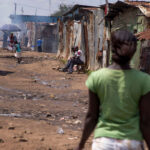
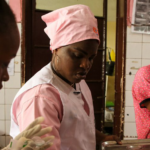

Abortion has been legally accessible in India for over five decades. However, there has never been a large-scale survey that goes beyond legal frameworks to explore public opinion and attitudes toward abortion.

Aditya aka Dhito Raditya, a 20-year-old law student from Central Sulawesi, Indonesia, is passionate about peer mentorship and volunteering. His dedication to making a difference is fueled by the goal of ending child marriage and school dropout in his region.

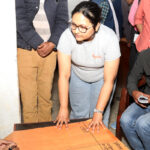
Khusbu Poudel, Ipas Nepal’s program coordinator for climate justice, gender, and sexual and reproductive health and rights, didn’t fully grasp the extent to which women’s and girls’ bodily autonomy is affected during climate crises until she joined Ipas two years ago.

In the heart of Kenya, from the bustling urban center of Kiambu to the rural landscapes of Kakamega, a quiet revolution in the delivery of medical abortion services is taking place through the Medical Abortion Self Use (MASU) project.

Sexual violence is a cross-border crisis that deeply impacts the lives of women and girls in Latin America. Bolivia faces one of the highest rates of sexual violence in the region.
“The current election in the U.S. is one of the most critical elections for the future of women’s rights, sexual and reproductive rights, and the right to safe and legal abortion,” says Dr. Jean-Claude Mulunda, Director of Ipas Democratic Republic of Congo. “The toughening of laws that began with the Dobbs decision set a detrimental direction; and this election will decide the fate of women in the U.S. and worldwide.”
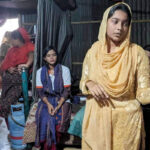
Abida Sultana is confident that her studies in English and Literature gives her a unique perspective when exploring the stories about sexual and reproductive health and rights in different cultural contexts.
Despite advancements in safe abortion care around the world, the playing field is far from level. Some people have easy access to quality care, while others face significant barriers.
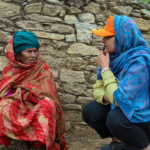
Amidst the majestic peaks of the Himalayas, Nepal faces a dual reality: breathtaking landscapes and formidable environmental challenges. Research by Ipas Nepal shows that beyond the snow-capped summits and lush valleys lies a quieter battle—one that adversely affects women’s health and rights.

There has been considerable progress in gender equality in Indonesia, yet significant challenges remain that impede women from reaching their full potential. The situation is complex, shaped by numerous factors, including culture and religion.



